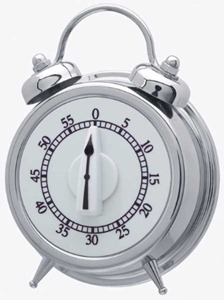 Take credit for all of your life accomplishments. Just because you were not paid, do not relegate your volunteer experience to the end of your resume.
Take credit for all of your life accomplishments. Just because you were not paid, do not relegate your volunteer experience to the end of your resume.
A potential employer doesn’t care whether any of your experience allowed you to be paid very well, very poorly or not at all. They care about, “What’s in it for me? How will this help MY business?” That is the unspoken question your resume must answer. Follow 3 principles:
1) TAKE THE RELEVANCY TEST
Include volunteer experience on your resume where it provides a specific example of a skill you have, or a wonderful personal trait such as creativity or team leadership, when those traits are valued in the position you are seeking.
2) DON’T JUST LIST IT: EXPLAIN IT!
Instead of listing:
- Little League Coach
- PTA member
Try this:
- Coached Little League team to its first winning season in 6 years through improved morale, an added sense of fun, and enhanced skills
- Spearheaded quarterly PTA Bake Sale which raised funds for desperately needed new band uniforms
3) POSITION IT CORRECTLY
Consider folding your volunteer experience into the resume body. Place it before/after/alongside paid work experience. Title the section “PROFESSIONAL EXPERIENCE,” or “RELEVANT EXPERIENCE” or “SELECTED ACCOMPLISHMENTS” instead of “Work Experience” or “Work History.”
Taking all the credit is up to you–if a situation was relevant to your ability to contribute to a new organization, you have to be the one to list the facts.



